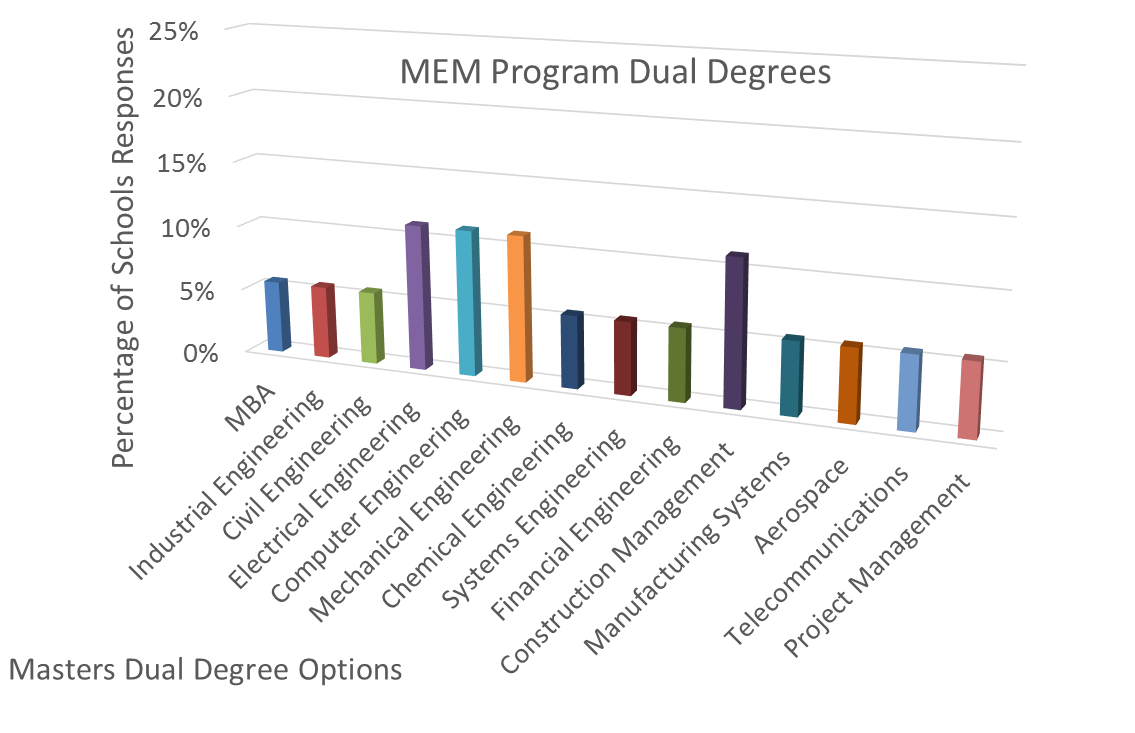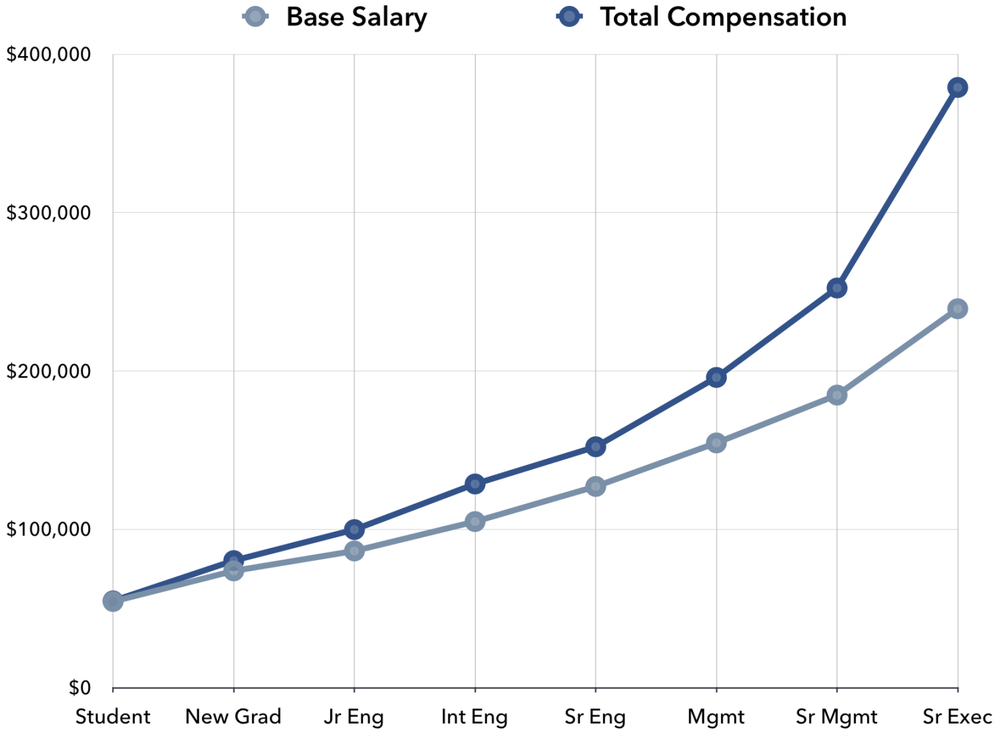
The role of a materials engineer is highly varied. They could work in a manufacturing facility, create new materials, supervise technicians, or be responsible for the management of a group of them. Senior materials engineers can also do research and develop new materials or take on management responsibilities. Materials engineers earn between PS20,000 and PS26,000 as their starting salaries. However, the salary for a materials engineer can increase significantly, with some positions requiring additional skills. This article will help you understand the role of a material engineer and help to decide if it's right for you.
Factory work
The salary for materials engineers will vary depending upon the sector. The salaries for materials engineers in the most competitive sectors will be higher. The career of materials engineer can be highly rewarding. It directly affects an organization's competitiveness. Even though women are becoming more prominent in materials engineering, the sector remains underrepresented among women. WISE and Women's Engineering Society actively encourage women engineers to be recruited, even though they are typically underrepresented in the sector. There are also opportunities to work as an independent contractor or freelancer. This gives you greater flexibility and control over your work hours.
The job duties and educational levels of Materials engineers are comparable to other engineers. This job is comparable to other engineering careers. Employers may require different skills and education. You can find additional resources that will help you determine whether this career is right. O*NET gives a good overview of the key characteristics that workers in this field. O*NET is a great resource for more information.

Develop new materials
This career path will allow you to understand the properties and manipulate of different materials. You will work in metal polishing to expose atoms. The medical industry and space exploration are dependent on advances in materials engineering. Materials engineers are also responsible for creating new materials that can be used in new technologies. Here are some reasons why you should choose a career to be a materials engineer.
In every age, new material has played a key role in product development. From automobiles to airplanes, from solar panels to computer chips, materials engineers are often at the forefront of technological developments. Their work impacts every industry from energy production to computer manufacture, and from medical devices to aerospace. Material engineers have many rewarding career options. Visit the US Department of Labor site for more details. Watch brief interviews with material engineers in their current practice.
Supervise and train technicians
You're here because you want to know what it's like to manage a team of technicians involved in materials engineering. Materials engineering technicians do a wide range of work, from installing cat-5 networks inside office buildings to assembling phone wall brackets. They also maintain and test equipment used in construction materials. Many of them also supervise technicians from other departments. Materials engineers are involved in the creation and maintenance of innovative products that make our lives better.
As a materials engineering specialist, you will support manufacturing operations, failure analysis and product launches. Projects within the engineering center and in global companies' manufacturing operations will also be part of your responsibilities. You'll also have to manage a team of materials engineers and technicians around the world. Your supervisory responsibilities depend largely on the policies of the organization. They may include evaluating the performance of your team members, remunerating them, and solving any issues or complaints that they might have.

Obtain postgraduate qualifications
Obtaining postgraduate qualifications in materials engineering enables you to develop your expertise through research. Students complete research projects throughout the course. After passing the written exams, students work on their research projects. In the first term, a project plan is created and a literature review is completed in the second term. The final section of the course is the research thesis. This is due in September. The result of your studies is an accredited research degree issued by the Institute of Materials, Minerals and Mining. You will be able to demonstrate industry-recognized level of competence by obtaining an Australian university's accredited degree. This will help you gain international recognition.
In most cases, materials engineers work in offices equipped with computer equipment and design software. However, they are also able to work in factories or research and design laboratories. Their roles can be full-time, part-time or permanent. Many materials engineers work in the engineering and construction industry. This career path is full-time, with overtime. They may be involved in all aspects of material development, from product design to manufacturing.
FAQ
What do civil engineers do?
Civil engineering refers to the design and construction structures such as roads and bridges, buildings and dams. It encompasses all aspects structural engineering. This includes foundations and geotechnics, hydrotechnics, soils, safety analysis and environmental impact assessment. Civil engineers help ensure the project meets its objectives, while still being economically viable and environmentally sustainable. They are responsible for ensuring that the structure is durable and safe.
They also help plan and implement public works programs. They may oversee, for example, the design and construction of roads, bridges or tunnels.
How long does it take for an engineer to become?
There are different routes into engineering. Some people choose to study right away after graduating from high school. Others prefer to enroll in college.
Some students will enter a degree programme straight out of high school while others will enroll in a two-year foundation program.
They could then pursue a three-year, or four-year, honors degree. Alternately, they might choose to get a master's.
It is important to consider your future plans once you have graduated. Do you plan to continue in education or enter the workforce?
The length of time it takes to complete each stage varies depending on the university you attend and whether you're doing a full-time or part-time course.
It is important to note that there is not always a direct relationship between how long it took to complete a particular qualification, and how much experience you have once you graduate. Even if you have only spent one year at college it does not mean that you will have the required skills to be an engineer.
What does an aerospace engineer do?
Aerospace engineers use their knowledge of aeronautics and propulsion to design spacecraft, satellites and rockets.
An aerospace engineer could design new aircraft types and fuel sources or create space suits.
What is Engineering?
In short, engineering is the application of scientific principles to produce useful things. Engineers apply their knowledge of science and mathematics to design and manufacture machines, vehicles, buildings, bridges, aircraft, spacecraft, robots, tools, structures, materials, electronic circuits, and so on.
Engineers might be involved with research and development as well as production, maintenance and testing. Quality control, sales, marketing and management are all possible.
An engineer can have many responsibilities. These include designing, building products, services, and processes.
Engineers may specialize in certain areas, including mechanical, electrical and chemical.
Some engineers choose to focus on specific types of engineering, such as aeronautics, biotechnology, chemistry, computing, electronics, energy, industrial, marine, medicine, military, nuclear, robotics, space, transportation, telecommunications, and water.
What is the Hardest Engineering Major
Computer science is by far the most challenging engineering major. You have to learn everything from scratch. You also need to know how to think creatively.
You will need to be able to understand programming languages such as C++ Java, Python JavaScript PHP HTML CSS SQL SQL XML and many other.
You will also need to learn how computers actually work. You will need to know about hardware, software architectures and operating systems.
If you want to become an engineer, you should definitely consider studying Computer Science.
Are you a student who wants to be an engineer?
A bachelor's degree is not required to become an engineer. Many employers prefer applicants with degrees. You can also take classes online if you don't already have a degree.
What's a typical day for an engineer like?
Engineers often spend their time working with projects. These projects may involve developing new products or improving existing ones.
They could be involved in research projects that aim at improving the world around them.
They could also be involved creating new technologies such computers, mobile phones and planes, rockets, or other devices.
Engineers have to use imagination and creativity in order to achieve these tasks. They must be able to think outside the box and come up with innovative solutions to problems.
They will be expected to brainstorm ideas and create concepts. They will also need tools like 3D printers or laser cutters as well as CNC machines and computer-aided design software to test and verify their ideas and prototypes.
Engineers must communicate clearly to share their ideas with others. They must write reports and presentations to share their findings with colleagues and clients.
And finally, they will have to manage their time efficiently to get the maximum amount done in the minimum amount of time.
No matter what kind of engineering you choose you must be creative, imaginative and organized.
Statistics
- Typically required education: Bachelor's degree in aeronautical engineering Job growth outlook through 2030: 8% Aerospace engineers specialize in designing spacecraft, aircraft, satellites, and missiles. (snhu.edu)
- Job growth outlook through 2030: 9% (snhu.edu)
External Links
How To
How to Use an Engineering Ruler
Engineers use engineering rulers to measure distances. Since ancient times engineers have measured distances. The 3000 BC was the year that the first measurement device was discovered.
We still use rulers in the modern age, but their usage has changed. A metric ruler is the most popular type of ruler. These rulers are marked in millimeters (1mm = 0.039 inch). Metric rulers can be rectangular or oval in shape. Some rulers include millimeters, centimeters, or graduations. For example, 1 cm equals 2.54 mm.
Engineers are unlikely to use a traditional mechanical ruler today. They would prefer a digital version that measures millimeters. It works in the same manner as a normal digital scale, except that it has markings for different length units. More information is available here.